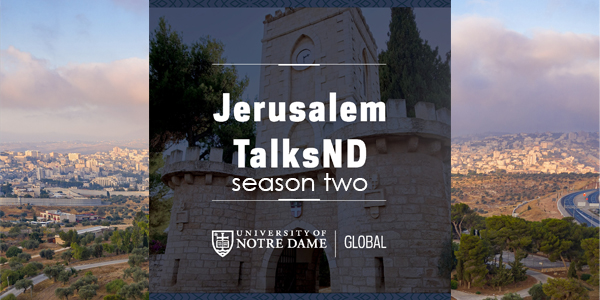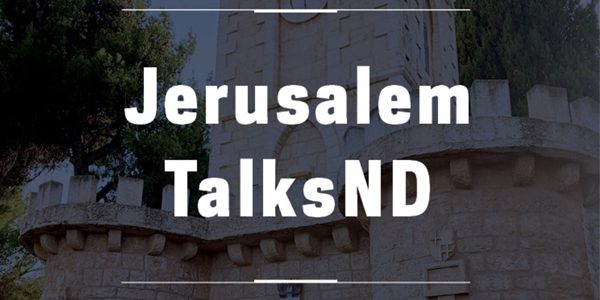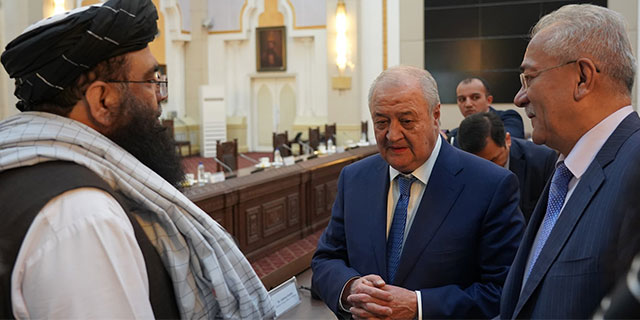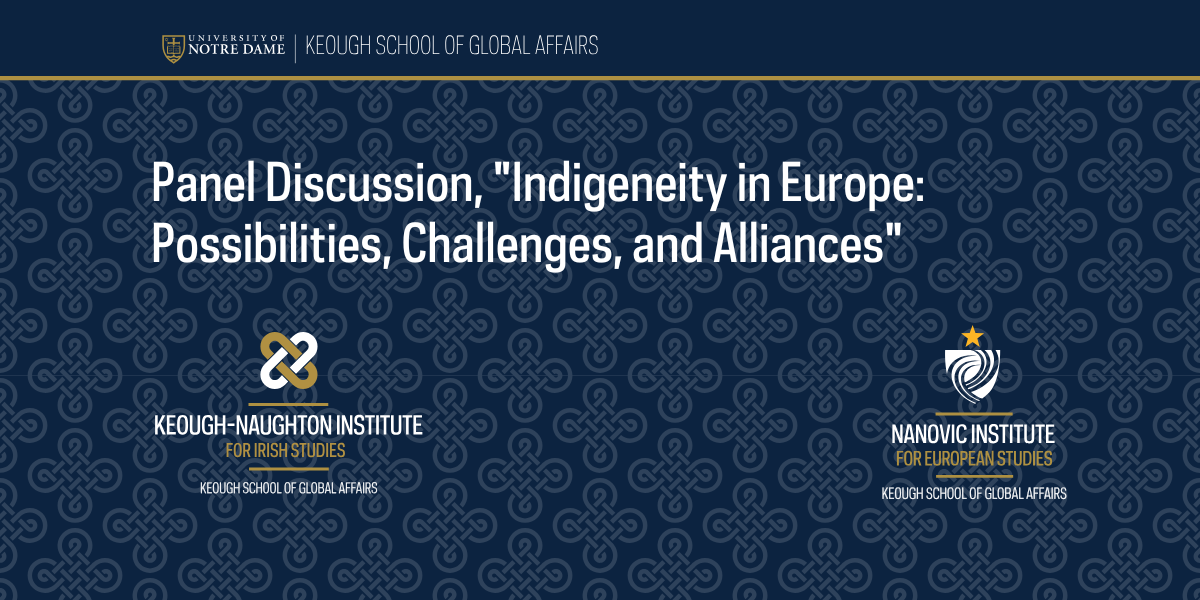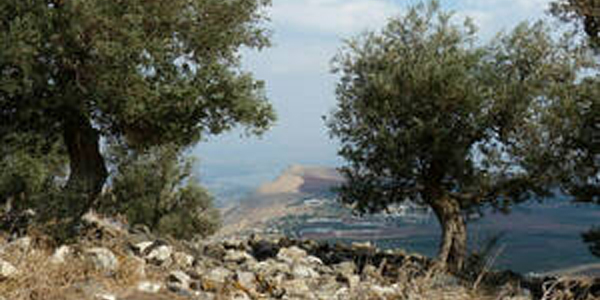Discovering South Africa While Making a Difference: The EESA Experience
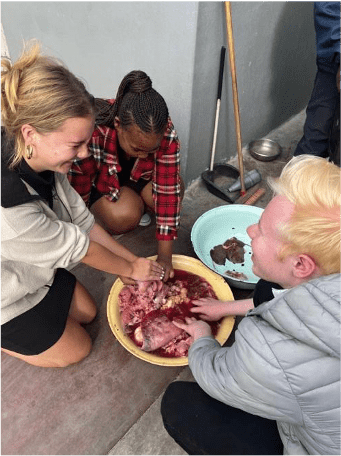
When one thinks of Cape Town, South Africa, they may picture breath-taking views, vibrant culture and a Rainbow Nation. Or, they may envision millions of people living in poverty-stricken townships and struggling to get by. South Africa is both a “first world” and a “third world” country. While its infrastructure and business environment are quite advanced, huge challenges exist and are mostly felt by the majority population. Jobs are few, crime is high, there is extensive corruption, power outages are frequent, and COVID has taken a huge toll. The promise of Nelson Mandela and the post-apartheid era has not been realized.
Might entrepreneurship be a part of the solution? This is where the Entrepreneurship and Empowerment in South Africa Program (EESA) comes in. Established in 1997, this six-week Summer program is offered by the University of Notre Dame through the Keough School of Global Affairs. It is a partnership with the University of Florida, the University of Colorado, and the University of the Western Cape. The purpose is to help historically disadvantaged entrepreneurs in the townships around Cape Town, South Africa build sustainable businesses. Undergraduate and graduate students help, assist, and accompany these entrepreneurs in their entrepreneurial journeys.
What is unique about this award-winning program is how it integrates an integral human development (IHD) lens and emphasizes the importance of collaboration between people from diverse backgrounds in helping communities flourish. Students learn tools and approaches for assisting disadvantaged entrepreneurs in the mornings, and are in the field in the afternoons applying these tools. Professor Michael Morris, the program director, explains, “EESA is a magical program where participants stop being traditional students and become creative problem solvers. They get into their discomfort zones and find they can produce real solutions that make a difference.”
After two years of cancelations due to COVID, 28 students were finally able to participate in this program in June 2022. They were joined by 20 South African students, and formed teams that served 16 historically disadvantaged entrepreneurs. While these entrepreneurs are severely resource-constrained individuals, they have big dreams. Their businesses tend to be basic, and include caterers, craft makers, hair salons, community newspapers, and small manufacturing operations, among many others. The student consultants produce tangible deliverables, such as marketing materials, social media campaigns, simple bookkeeping systems, websites, pricing approaches, and improved operating procedures. But beyond the work, students form close relationships with one another and their clients. Morris notes that “for many students, when they get back home, they understand that there is nothing they can’t do.”
EESA is a source of transformation not just to the entrepreneurs, but also for the students. A consistent reflection among student participants on their six-week experience was how they learned a lot about themselves. Josh Gravely, from the University of Florida, and a member of the 2022 cohort, shared at the end of the program, “As of today, my team has officially ended both engagements with our clients and they could not be happier. Both clients looked directly at each of us and said we had made a difference for them and their business. As impactful as we may have been to these entrepreneurs, I believe the work we have done here has been even more impactful on myself. Never before have I been so inspired and entrepreneurially motivated to do more. The good we have done feels real, and the things I have learned will absolutely be transferable to my own life.”
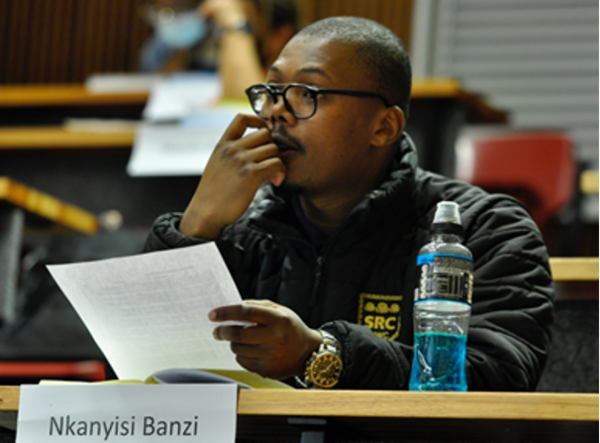
Notre Dame student Lucie Ellis’ most memorable experience this year was “hosting a pop-up shop for one of my clients, in which we helped him to generate more revenue in one hour than he typically did in an entire two months. He got to practice his sales pitch, marketing, and bookkeeping, all of which were our key focuses during our engagement. At the end of the six weeks, he was overwhelmed with emotion and told us “If I say too much I’ll start crying, so I will just say thank you.” It was amazing to be able to support a dedicated entrepreneur and help him move forward in the development of his business”. Lucie further shared that her key takeaway was that entrepreneurship can be a viable pathway out of poverty, She notes, “Many entrepreneurs operating under adverse conditions just need a little support in order to make their businesses a sustainable source of income, and more resources from poverty intervention programs should be dedicated to supporting entrepreneurial activity.”
The success of EESA is tied to the very hands-on and personal nature of the program. In describing her overall experience, Elizabeth Cherf from Notre Dame recalled “It has been exceptional and I am infinitely glad I got to be a part of it. The other day I got to actually walk hand in hand with one of my entrepreneurs. Athenkosi took me to the mall outside of the gates of Philippi. We were about to cross the main road and he took my hand so we would not get separated. I just remember the professor telling us to walk “hand in hand” with our entrepreneurs. The fact that I actually got to do it was amazing.”
People can make the biggest difference when they do things with others rather than just for others. This is the essence of the EESA philosophy. The program tagline is “In the Spirit of Masakhule” which means “to grow together.” And entrepreneurship is a powerful vehicle for this kind of collaboration. Notre Dame student Amanuel Shiferaw describes the feeling he had after successfully developing a logo with one of his clients and seeing it being used: “I started to understand how entrepreneurship can elevate those in adverse circumstances educationally, financially, and socially.”
Alexis Grubman, from the University of Colorado, summed it up as follows, “The instructors, the entrepreneurs, and my classmates have inspired me and taught me so much about myself and the world. This experience has pushed me out of my comfort zone in more ways than I thought possible and I am so grateful for the chance for growth and finding strength in myself.”
For more information, please visit the McKenna Center for Human Development and Global Business website. The article was written by Sophia Garcia and published on November 2, 2022 by the McKenna Center for Human Development and Global Business.
November 2, 2022
More Like This
Related PostsLet your curiosity roam! If you enjoyed the insights here, we think you might enjoy discovering the following publications.

